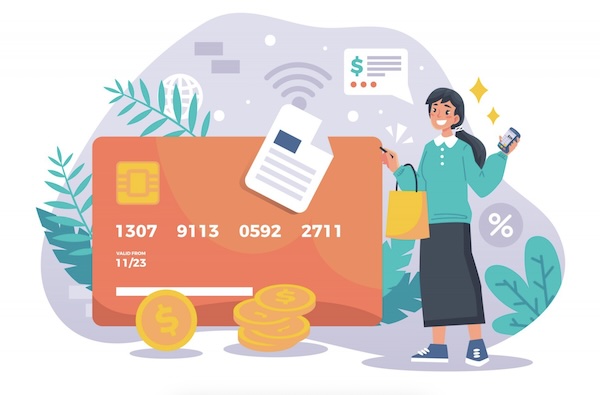Credit cards offer convenience, rewards, and financial flexibility. But what happens when you have an unused credit card? Should you close it or keep it? Many Indians struggle with this decision. Let’s explore the pros and cons of closing an unused credit card and what it means for your financial health.
Pros and Cons of Closing Your Credit Card
Keeping or closing a credit card impacts your credit score and financial flexibility. Here’s a quick comparison:
| Factor | Keeping the Card | Closing the Card |
|---|---|---|
| Credit Score | Helps maintain a strong score | May reduce your credit score |
| Credit Utilization | Keeps your available credit high | Increases utilization ratio |
| Annual Fees | May need to pay fees | Saves money if high fees exist |
| Credit History | Keeps your credit age longer | Shortens your credit history |
| Security Risk | Risk of fraud if not monitored | Eliminates the risk |
| Spending Control | May tempt you to spend | Helps curb unnecessary expenses |
When Should You Close Your Credit Card?
Closing a credit card is not always a bad decision. Here are some situations when it makes sense:
- High Annual Fees – If your card has a high fee and offers no benefits, closing it is wise.
- Unnecessary Credit Lines – If you have multiple credit cards and don’t need them all, reducing them can simplify your finances.
- Fraud Risk – An unused credit card can be misused if not monitored. If you don’t track it, closing it reduces the risk.
- Temptation to Spend – If having a credit card tempts you to spend recklessly, closing it helps you manage expenses.
When Should You Keep Your Credit Card Open?
Keeping a credit card active has many benefits, especially in India where credit history is crucial for future loans.
- Boosts Credit Score – A long credit history improves your CIBIL score, essential for getting loans.
- Maintains Credit Utilization Ratio – A higher credit limit helps maintain a low credit utilization ratio, which is good for your score.
- Emergency Backup – A credit card can be useful in case of medical or urgent financial needs.
- Better Loan Approvals – Lenders check your credit history before approving home loans, car loans, and personal loans.
Did You Know?
In India, a good CIBIL score (750+) increases your chances of getting a lower interest rate on loans. Banks offer better deals to individuals with a long credit history and responsible credit behavior!
Also Read: 5 Credit Cards That Make Movie Tickets Almost Free!
Final Verdict: Keep or Close?
If your card has no fees and no risk of misuse, keeping it helps maintain your credit history. But if it has high fees, security risks, or tempts you to overspend, closing it may be a better option. Always evaluate your financial goals before making a decision.
Disclaimer
The information provided in this article is for general informational purposes only and does not constitute legal, tax, financial, or other professional advice. While every effort is made to ensure the accuracy and reliability of the information, laws and regulations may change, and individual circumstances vary.
Readers are encouraged to consult with qualified professionals or official government resources for personalized guidance regarding their specific situations. The author and publisher disclaim any liability for decisions made or actions taken based on the information provided herein.
